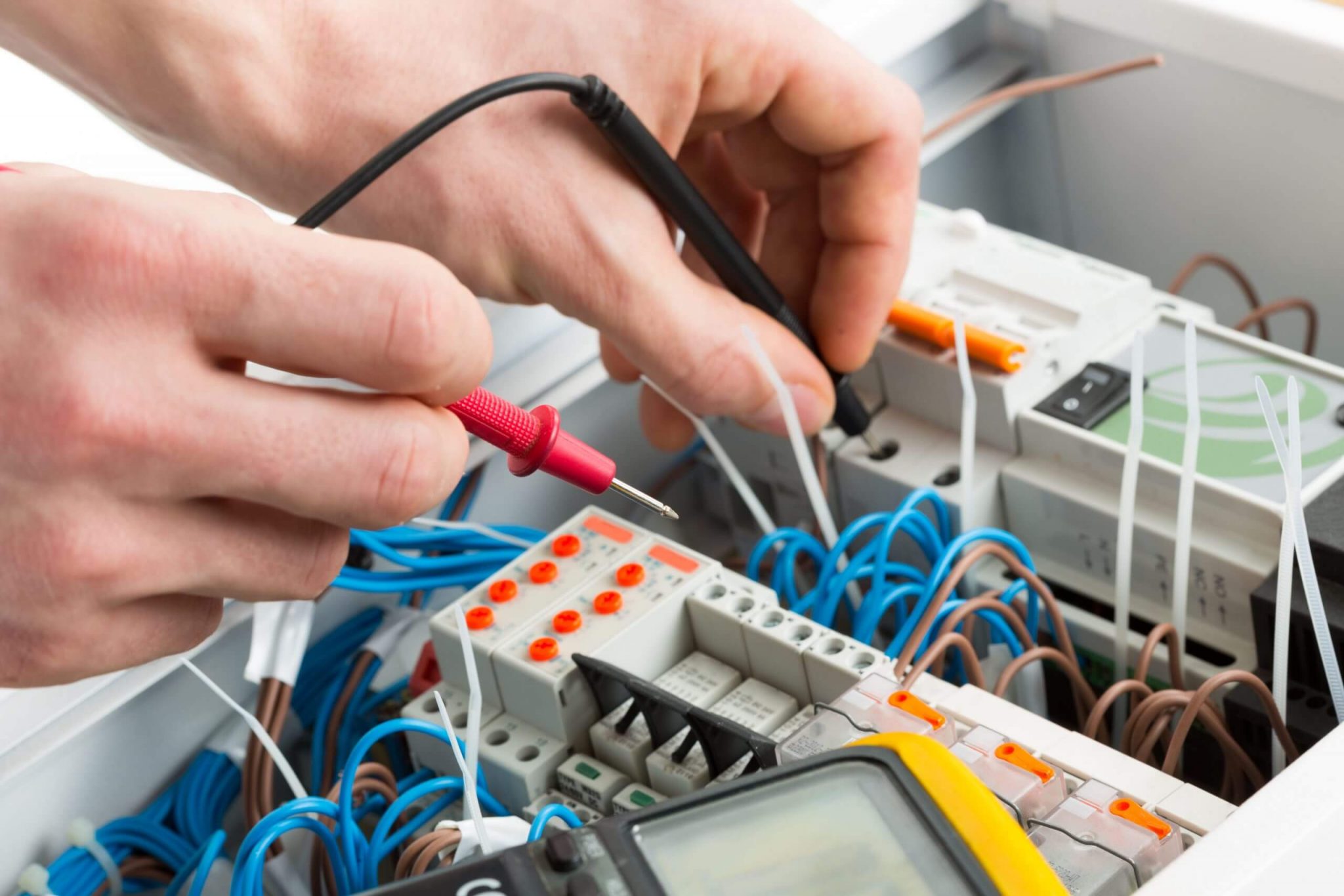
Hall effect current sensors use various components to monitor current. The components inside may contain amplifiers along with their sensing elements. The sensing elements rely on a central magnet and use a trigger to sense and compensate for magnetic field variations caused by a wire’s current.
Hall effect current sensors have pros and cons associated with using them. Below you will find some of the more frequent ones listed.
Pros
These are some of the common pros of using Hall effect current sensors.
- Very Low Signal Error: Hall effect sensors have output errors as low as 1%, according to All About Circuits. Low error output makes them very reliable for accurate monitoring of currents.
- Dust, Water, and Environmental Resistance: When the sensor is designed and manufactured in water-tight devices, it can be used in wet or dusty environments. If the device is shielded, it will not be triggered by dust like other current sensors.
- Affordability: This technology can be affordable. Depending on the variation of these devices, they can deliver a great deal of value for a cost-effective price.
- Fast Response Time: With the hall effect current sensor, you can almost instantaneously track changes in current usage and waveforms.
- Longevity: These sensors can literally last a lifetime. They are durable, easy to install professionally, and can be miniaturized to fit in the tightest of spaces. They are unaffected by vibration and can be used on machinery actively in use.
- Measurements: It can measure low currents and various frequencies as well as measure high currents and frequencies up to the specified levels. As a matter of fact, it can measure zero speed. The design of the sensor is no-contact, so there isn’t any wear from friction.
Cons
These are a few cons to consider when using hall effect current sensors.
- Magnetic Field Pollution: The magnetic field can be disturbed by external when the output limit is 20mA or even less.
- Extreme Temperatures: Locations with large temperature variations can cause loss of accuracy.
Ultimately, the hall effect current sensor offers high reliability and accuracy. They are used across a wide range of applications in many industries. The fact that they offer a very long lifespan is a huge benefit. They can be found in automation, marine applications, aeronautical applications, handling agricultural equipment, processing, packaging machines, and more. To ensure that a Hall effect device is the best option for your application. Contact Aim Dynamics today for any inquiries or to place your order!
You Might Also Like: DC Hall Effect Current Sensors








